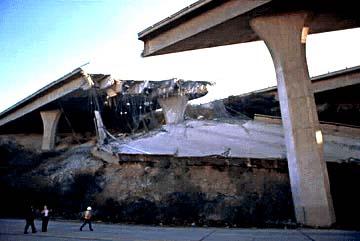As the practice of medicine becomes more and more the business of medicine physicians find themselves with an ever widening view of the market based world. Some physicians retreat into practices where they need “only practice medicine” and allow others to “deal with the business side.” Other physicians choose to “take the bull by the horns” and manage their own enterprise. Others choose to diversify their entrepreneurial interests. Physicians who move from the entrepreneurial world of running a medical practice to non-clinical entrepreneurism fall into two categories:
First are those that find a non-medical outlet for their entrepreneurism. These physicians often really want out of medicine, but have spent a career contributing and do not want to feel that they no longer matter.
Second are those that find a medically allied entrepreneurial endeavor that allows them to use their hard earned knowledge and skills to support themselves without the problems and challenges of direct clinical practice.
Physicians in each category often continue to practice medicine either to supplement their income, or because the financial freedom provided by no longer depending on medicine for financial security now allows them to make the decision to practice thus restoring joy to medical practice.
Paging Dr. Experience
The entrepreneurial life of running a medical practice is much the same as that of running a start-up business. The only significant difference is that a medical practice runs on a larger budget initially, but a smaller budget and profit margin later on. Non-medical start-ups usually begin with marginal funding and, if successful, grow as their income grows eventually reaching a point where their budget and profit margins are both quite respectable.
Because of their leadership role in healthcare, physicians are drawn to business leadership and executive positions. When it comes to physician executives, there are two types of “CEO’s.” Those whose lives present them with a never ending string of Career Ending Opportunities (CEO’s) and those who have learned to apply the skills that made them great doctors to lead organizations rather than medical teams. This latter group of physicians apply Business Triage, Customer Triage, Personnel Triage and Marketing Triage to maximize business potential in the same way they used medical triage to maximize patient care.
Physicians entering the entrepreneurial life must however observe several lessons:
- Do not assume your success in medical practice carries any weight in your new market. Be a good entrepreneur, know your market, know your strengths, know your weaknesses and know how to deliver your commitments
- Do not forget the skills that made you a good doctor. The skills that made patients love you and diseases fear you (effective interviewing, rapid decision making, pattern recognition, etc.) all are essential skills for the entrepreneur
- Don’t assume that medical training (residency) is a good model for training anyone or learning to lead. As a survivor of residency training, you are no different from a child abuse survivor and you are prone to abuse those subordinate to you as a result. If you abuse them, you lose them
- Just like a good doctor, good entrepreneurs make referrals, get consults and ask for help these are the keys to success
Physicians, despite the stereotypes, have education and experience that endows them with many of the skills of the greats of the corporate world. The key is to learn to use these skills in the new environment of entrepreneurism.










